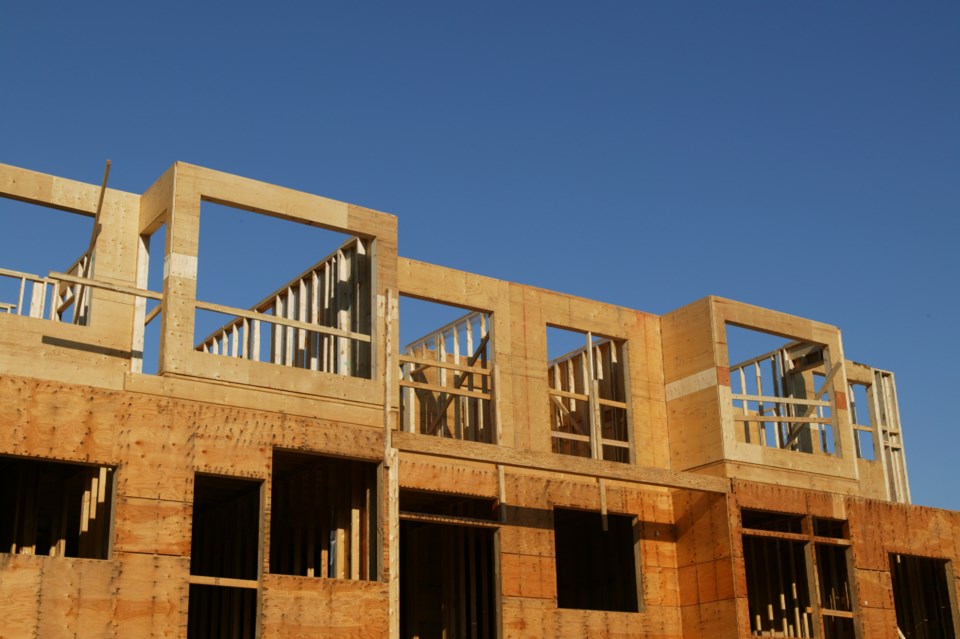We support Edgar Dearden’s letter to the editor in Pique, Nov. 21 [“Whistler needs to move more aggressively to lower its emissions”] and absolutely agree that Whistler needs to act more quickly and strongly on building codes for energy efficient housing.
Indeed it’s surprising to us that this is even a question.
We built a house to passive house standards in 2013-14. And while we are not saying the strict measurements of passive house are essential, the principles involved are needed.
Builders and designers in our region know how to create beautiful homes that are comfortable summer and winter and buildings that are so energy efficient they cost a fraction to operate compared to standard construction. And they don’t need methane (natural) gas systems so greenhouse gas emissions are reduced too.
What are we waiting for? We see the chaos and costs of this year’s disasters in B.C. If you’re building now why not be [part of] a solution to the climate crisis?
According to the Resort Municipality of Whistler website on Climate Action Big Moves and AWARE’s Small Steps for Big Moves, in 2019 Whistler used just a bit less “methane” natural gas (27 per cent) than vehicle fuel (31 per cent). And the energy use in our buildings was responsible for 39 per cent of Whistler’s GHG emissions because of the way we are heating our indoor spaces and water.
Isn’t this a motivation to make your existing residence or business a solution to your comfort, energy bills, and GHG emissions by switching to electricity and installing an air source heat pump such as a mini-split? They are fast-acting and highly efficient to operate, so electrical bills are lower and much cheaper than electric baseboards. By the way, our house rarely needs air conditioning in summer, but this year the mini-split (air source heat pump) worked perfectly in the heat dome.
We know the installation costs, and logistics such as mini-splits in strata units are deterrents. But what about the costs of GHG emissions? Isn’t it going to take a lot of work and money to fix our highways and agricultural system from this past month’s rains?
We keep thinking we can put off paying for what we are doing to our Earth and communities. But even in temperate coastal B.C. it is all too evident that we cannot.
We are writing to council and staff, especially planners, to builders and designers, and also to homeowners and prospective homebuilders. Let’s do whatever we can do now to make new and existing buildings energy efficient and free of fossil fuel use. It is too long to wait until 2030.




